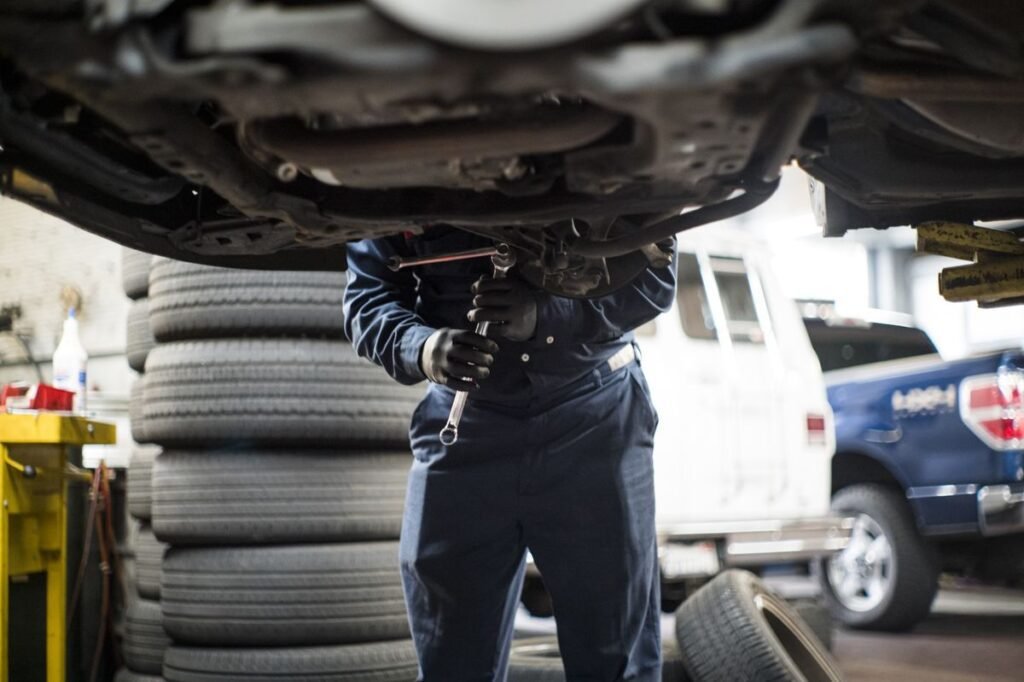Basic Auto Problems Guide – Part 1
Auto repairs are a necessary evil of car ownership. Nearly every auto owner has or will face an unexpected breakdown on the side of the road. While there are endless problems a broken down car or truck may suffer from, here are a few of the most basic and most common auto issues you may face. Be sure to check back frequently as we continue to add articles to the Columbia SC Auto Pro Blog series – Basic Auto Problems Guide.
Battery Problems:
A battery with a low charge, no charge or that is no longer able to hold a charge can leave you sitting still fast. More often than not, a set of jumper cables and a willing Good Samaritan motorist can get you back on the road. For those of you who want to be completely prepared wherever you may find yourself, there are road assistance devices that can be purchased at nearly all retailers nationwide. While the capabilities of the devices vary, many include a battery recharger allowing for jump starting a dead battery without another vehicle present. It is strongly advised that you always keep a pair of jumper cables in your vehicle at all times. Most issues that arise from battery problems will not require a visit to your mechanic or auto repair shop.
Flat Tire or Tire Blowout:
Tire problems can be a huge issue if you do not know how to change a tire. If you do not know how to change your tire, it is advised that you have someone teach you. It is easy to learn and you’ll be glad you did if you ever need to put that spare on. That brings me to my next point – whether you can change the tire yourself or not, you should always take care to check your spare tire. A good spare that has gone flat can be quite a downer when you thought you were prepared. Other items that you should always keep handy when in the car include a car jack, tire iron and a can of Fix-A-Flat. The Fix-A-Flat can often give a tire with a minor leak the extra few miles it will take to get you off the road to a safe place.
Overheating:
As temperatures rise, so do your chances of having the car or truck you drive to overheat. The most common causes of overheating are leaks and/or low fluid levels and faulty cooling systems. If you know you’re experiencing a problem like this, you should carry some extra water with you in the case of an emergency. When your car overheats, wait for the engine and hood to be cool enough to safely handle before doing anything. Then, raise your hood to allow for excess heat to disperse. Once things are cool enough to safely touch, open the water overflow tank and check that your water levels are within the recommended measurements. For your safety, always allow the engine to cool adequately before attempting to check or add water to the cooling system. If your automobile has overheated, you need to get it to a professional auto repair shop or mechanic.

